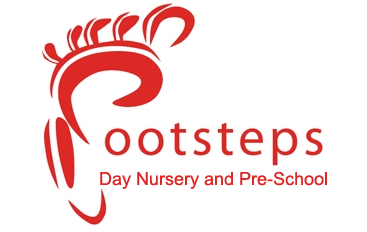
National Storytelling Week
Children make sense of the world around them through stories. Creative storytelling involves children making up their own stories based on their interests, experiences and imagination. At Footsteps we celebrated National Storytelling Week 2021 which runs from 30 January to 6 February and provides a fantastic opportunity to focus on supporting children in our early years settings to explore their creativity, try out new vocabulary and build confidence in speaking.
Providing a storytelling culture, where children are encouraged to share their ideas and develop a story line in their play, will result in more stories being told, enabling children to find their own voices, and to test out their storytelling skills. To celebrate this national week, we also chose some of our favourite stories to encourage our love of books, and bought elements to life through crafts, cookery, games and reading time.
The Very Hungry Caterpillar is a firm favourite and we saw a wide range of activities from role-play and identifying healthy and unhealthy foods, through to some very muddy messy play. The children loved investigating the mud, scooping, filling and pouring into different sized cups while searching for fruit that the caterpillar might like to eat.
Other well-known children’s classics featured strongly throughout the week with The Gruffalo, Elmer The Elephant, Kipper the dog and The Tiger Who Came to Tea all inspiring lots of literary fun!
We may not have had owl ice-cream, but we did have knobbly knees and Gruffalo feet come out of our cookery sessions. We practised telling stories and took turns dressing up as the Tiger who ate all the food and all the drink in the kitchen.
We recycled plastic milk bottles to make our amazing Elmer the Elephants covered in coloured tissue – talking all about different colours, and paper plates made a great base for our painted Kipper dogs.
Our love of books and storytelling also allowed us to explore lots of the children’s’ other favourite stories featuring helicopters, tractors, dinosaurs, race cars teddies and Frozen.
Some of our recreations were very noisy and we were so proud of their imaginations and ability to retell the stories.
Forest School allows us to encourage storytelling in a gentle and playful way without any big expectations. Often the focus will naturally move from physical play and exploration to make believe play and from there we have the chance to get into a story by asking some simple questions based on their curiosity and interests. If a child gets interested in a particular stick or stone, you can ask ‘Whose stick is that?’, or ‘That’s a lovely stone. Why is it special? Whose is it?’ From there you can let the story develop.
We have loved unlocking their creativity!



